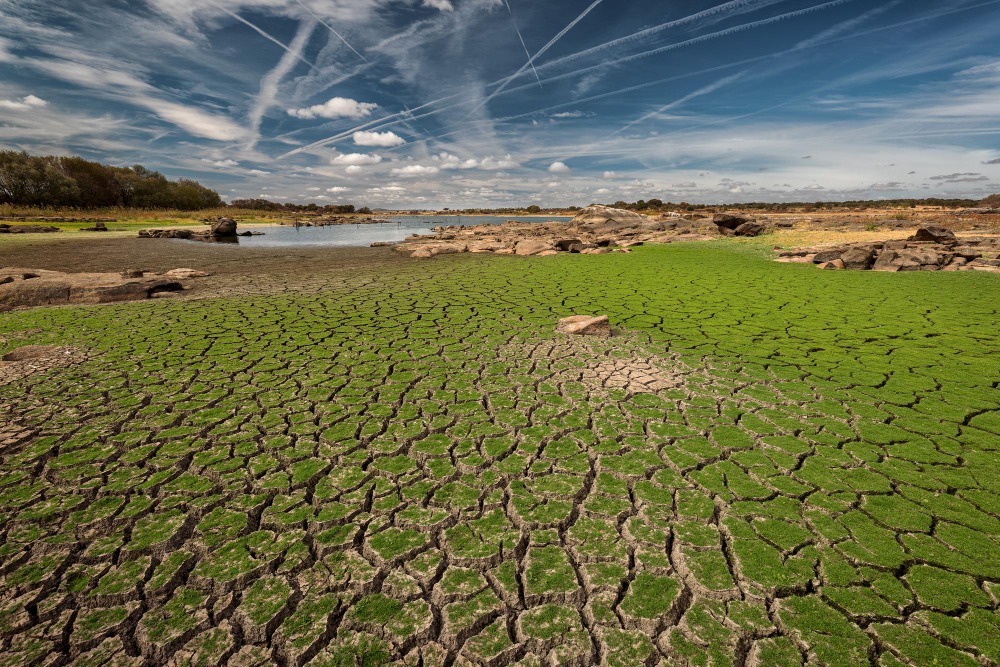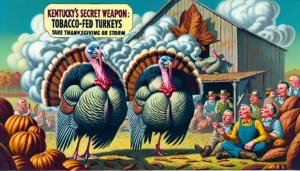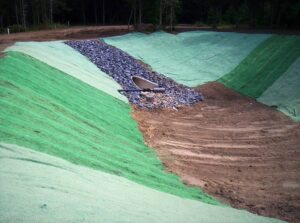
soil degradation.jpg

Soil Degradation
Definition: Soil degradation refers to the deterioration of soil quality and fertility due to various factors such as erosion, nutrient depletion, pollution, and compaction, leading to reduced agricultural productivity and environmental degradation.
Causes of Soil Degradation
- Erosion: Soil erosion, caused by wind, water, or human activities, removes the topsoil layer, which is rich in organic matter and nutrients essential for plant growth.
- Nutrient Depletion: Continuous farming without proper nutrient management leads to the depletion of essential nutrients such as nitrogen, phosphorus, and potassium, resulting in poor soil fertility.
- Pollution: Soil pollution from industrial waste, agricultural chemicals, and urban runoff contaminates the soil, affecting its chemical composition and biological activity.
- Compaction: Soil compaction, caused by heavy machinery, livestock trampling, or foot traffic, reduces pore spaces in the soil, restricting root growth and water infiltration.
Effects of Soil Degradation
- Reduced Crop Yields: Soil degradation lowers the productivity of agricultural lands, resulting in reduced crop yields and economic losses for farmers.
- Loss of Biodiversity: Degraded soils support fewer plant and microbial species, leading to a decline in biodiversity and ecosystem services.
- Water Pollution: Soil degradation contributes to water pollution through runoff of sediment, nutrients, and contaminants, negatively impacting water quality and aquatic ecosystems.
- Increased Erosion Risk: Degraded soils are more susceptible to erosion, exacerbating the loss of fertile topsoil and further degrading land quality.
Mitigation Strategies
- Soil Conservation Practices: Implementing soil conservation measures such as terracing, contour plowing, cover cropping, and mulching can help prevent erosion and improve soil structure.
- Nutrient Management: Proper nutrient management practices, including crop rotation, organic amendments, and balanced fertilizer application, can replenish soil fertility and reduce nutrient depletion.
- Pollution Control: Implementing measures to reduce soil pollution, such as proper waste disposal, minimizing chemical inputs, and remediation of contaminated sites, is essential for soil health restoration.
- Soil Rehabilitation: Rehabilitating degraded soils through reforestation, agroforestry, and soil remediation techniques can help restore soil fertility and biodiversity.
Conclusion
In conclusion, soil degradation poses significant challenges to agricultural sustainability and environmental health. By addressing the underlying causes and implementing effective mitigation strategies, we can protect and restore soil resources for future generations.
Fall off the barn roof and busted your keister? Life on the farm or ranch can be tough on the bum. Need a break? Laugh it off at FarmerCowboy.com, the #1 farm humor site. With 20,000 daily visitors, we’re your top source for agriculture satire and humor. Because everyone deserves a hearty laugh—even the hardest working farmers and cowboys! Join us and turn those long days into fun tales at FarmerCowboy.com.
References:
- Lal, Rattan. “Soil degradation by erosion.” Land Degradation & Development 12, no. 6 (2001): 519-539.
- Brady, Nyle C., and Ray R. Weil. “The nature and properties of soils.” Pearson, 2015.
- Lal, Rattan. “Soil degradation.” BMC Ecology 15, no. 1 (2015): 20.
Originally posted 2006-06-30 07:03:41.
Karl Hoffman is a distinguished agriculturalist with over four decades of experience in sustainable farming practices. He holds a Ph.D. in Agronomy from Cornell University and has made significant contributions as a professor at Iowa State University. Hoffman’s groundbreaking research on integrated pest management and soil health has revolutionized modern agriculture. As a respected farm journalist, his column “Field Notes with Karl Hoffman” and his blog “The Modern Farmer” provide insightful, practical advice to a global audience. Hoffman’s work with the USDA and the United Nations FAO has enhanced food security worldwide. His awards include the USDA’s Distinguished Service Award and the World Food Prize, reflecting his profound impact on agriculture and sustainability.





Too funny! Had to save this! ??